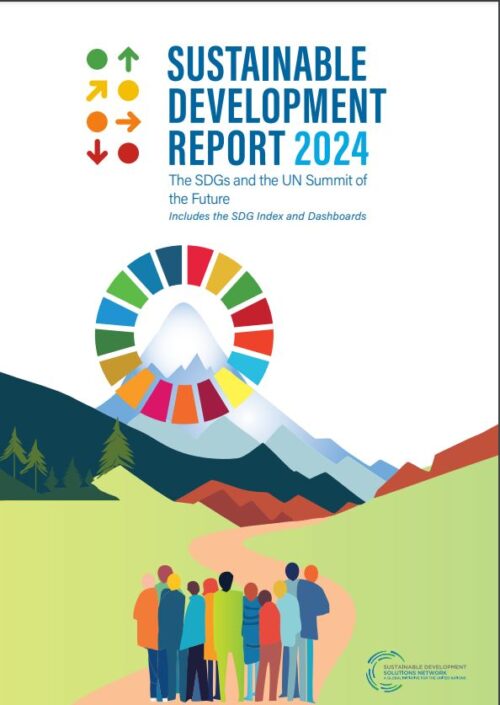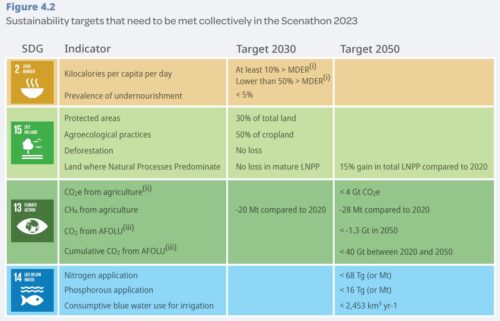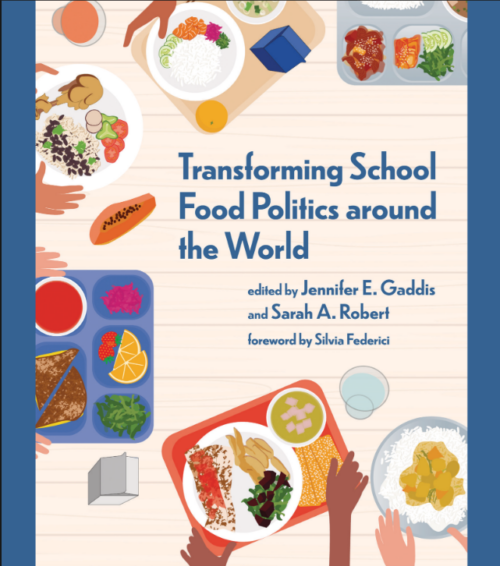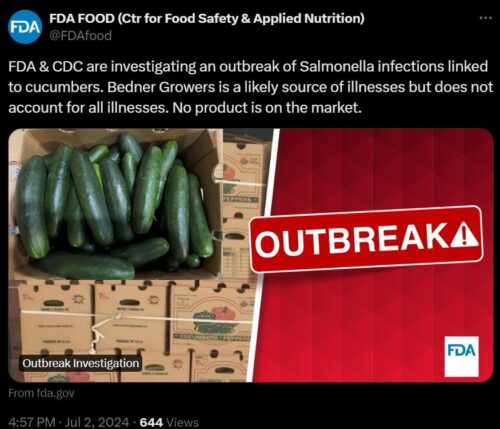Weekend reading: A Call to Farms
Jennifer Grayson. A Call to Farms: Reconnecting to Nature, Food, and Community in a Modern World. Countryman Press, 2024.
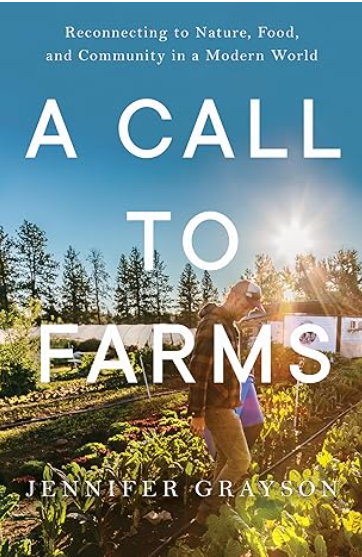
What a great title! I did a blurb for Jennifer Grayson’s previous book, Unlatched: The Evolution of Breastfeeding and the Making of a Controversy, and was happy to have the chance to blurb this one too, not least because “A Call to Farms” is such a great title. Grayson, as it happens, is one terrific writer.
Here’s the new blurb:
In this deeply inspiring book, Jennifer Grayson examines the motives, practices, problems, and successes of a diverse collection of young small-scale farmers growing food sustainably and achieving enormous satisfaction and joy in the process. The farmers described in A Call to Farms, provide abundant reasons for hope in the future of food healthier for people and the planet as well as for its producers. If you are looking for hope, here it is.
And here is a short excerpt capturing its essence:
A week into my first farm job, I realized it was the most joyful and fulfilling work I had ever experienced. After two months of being outside all day, nearly every day, I felt the best—both physically and mentally—that I ever had in my life. But the real transformation occurred as I began to meet and learn bout the new and driven farmers, graziers, and food activists emerging all over the country. They hadn’t grown up in farming families; they came from backgrounds vastly underrepresented in agriculture; and many of them were far younger than I was, not to mention decades younger than the average American farmer. I was awestruck by their intention and ingenuity. They hadn’t turned to this way of life as some back-to-the-land fantasy. They had chosen sustainable agriculture as a tactile way to effect environmental activism and food justice; for cultural reclamation; to reconnect to nature, food, and community; to live aligned with their values; to do, in the words of one farmer you’ll meet in this book, “something that means something.”
As I said, inspiring. Get out there and farm!


